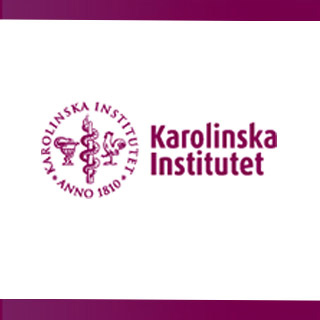
Blood clots are said to be a general cause of myocardial infarction and stroke. When the blood coagulates and chokes up a blood vessel, blood clots supposedly occur. The researchers have presumably illustrated that the development of a blood clot could entail the aggregation of blood platelets and the arrangement of structures celled ‘fibrin threads’, in grouping with inflammation in the blood vessel. The molecular procedures behind this, nevertheless, are believed to be only partly identified.
A research group at Karolinska Institutet, in partnership with American and European scientists, has supposedly found that an inorganic polymer, polyphosphate could play a chief function in both inflammation and the development of blood clots. Tests on mice and with patient plasma appeared to have exhibited that polyphosphate is discharged by blood platelets and triggers Factor XII. This protein was said to be already known to add to coagulation. Polyphosphate could also generate inflammatory substances that may add to seepage from the blood vessel, which seems to be a typical trait of inflammation.
The researchers also display that particular enzymes, phosphatases, that apparently break down polyphosphate could avert both inflammation and the development of blood clots in the blood vessels of mice. Owing to this, the scientists are of the opinion that phosphatases could turn out to be the spotlight for a novel kind of treatment for blood clots and inflammation.
The research was published in the scientific journal Cell.
